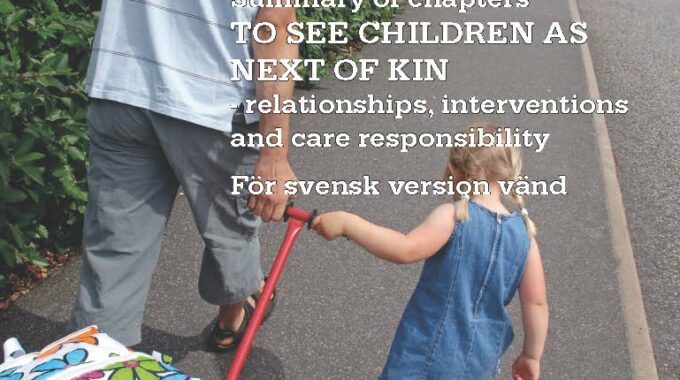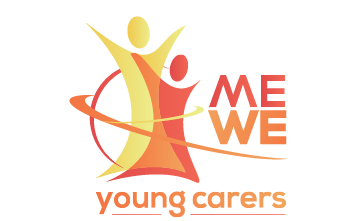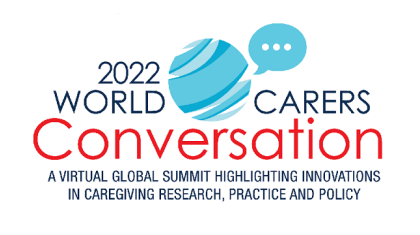
To see children as next of kin – relationships, interventions and care responsibility
Children are born as next of kin and grow up as next of kin to parents and siblings and other significant persons in the family. Young children have their foundations of security and trust in these relationships on which to build their lives. Conversely, the difficulties affecting the parents or siblings have consequences also for the children. What are these consequences and how can we understand children’s caring? What roles might the child have in his or her family? When do children and parents need support and how?
In this anthology, researchers who participate in or who are invited to the Swedish research network “Children as next of kin,” attempt to explore, describe and explain the meaning of children as next of kin based on current research. Different themes are raised, such as, children’s positions in the family where vulnerability and dependency are described in the relationships to the parents, and the children’s active behavior is highlighted in relation to the parents and siblings. One such example is when children become care-givers for siblings or parents, which is also described in an international outlook. Furthermore, how many children as next of kin are covered in the context of the Healthcare Act is reported and how they do in school. One chapter concerns the current knowledge on existing interventions for support to children and parents. Support to next of kin siblings and research on violence in the family are also highlighted.
The book is intended for students in nursing, medicine, social work and teaching training programmes, as well as in the professional education of staff who meet next of kin children and their parents in need of support. This book is also meant for policy makers, managers and developers, private persons and non-profit organizations seeking knowledge about the living conditions of children as next of kin.





